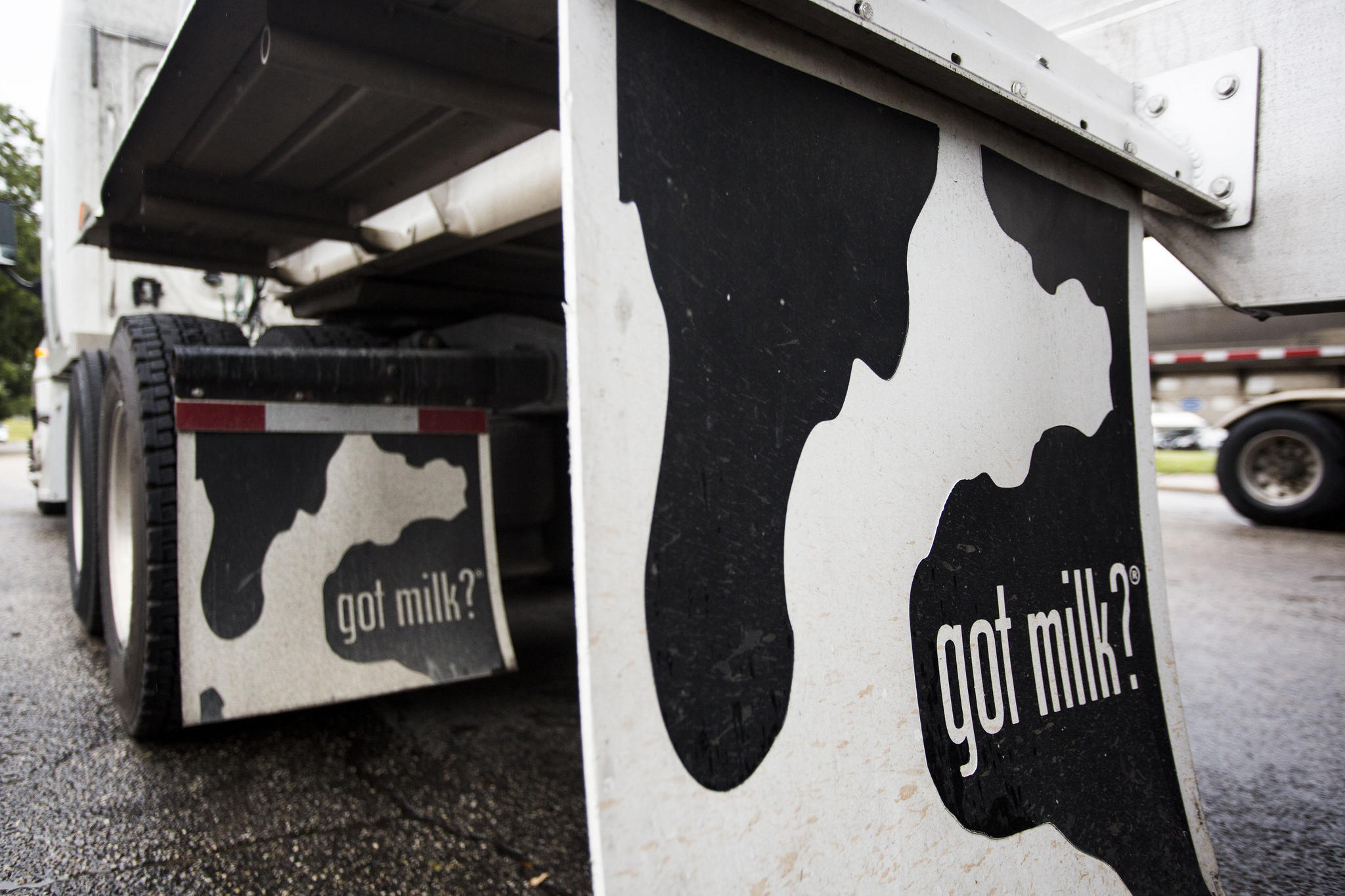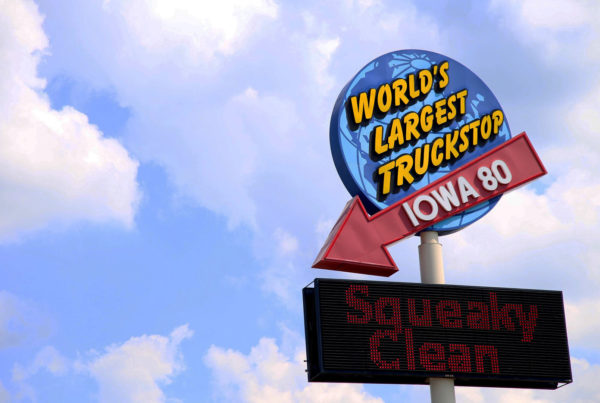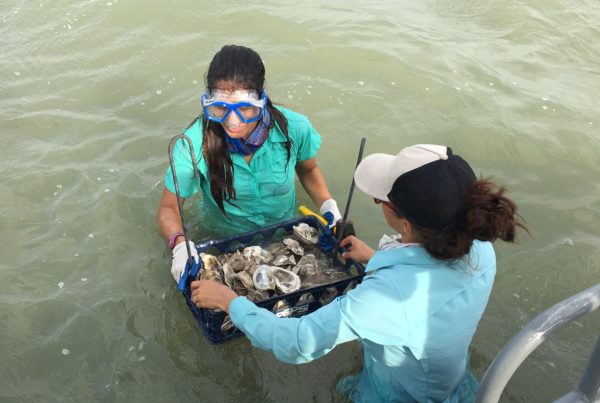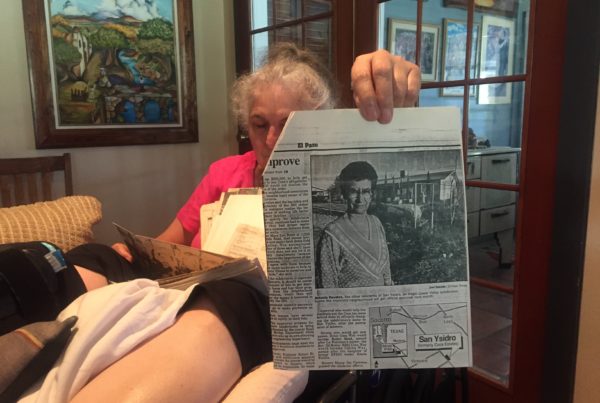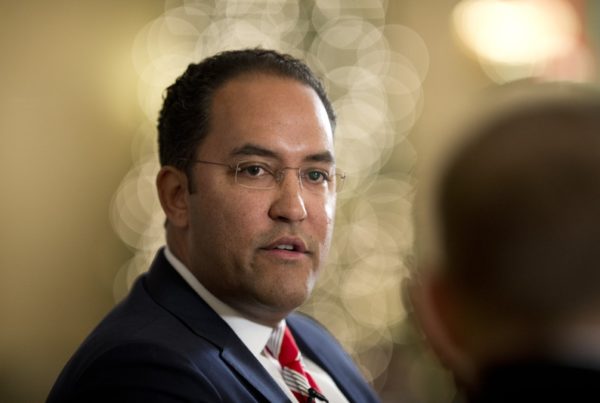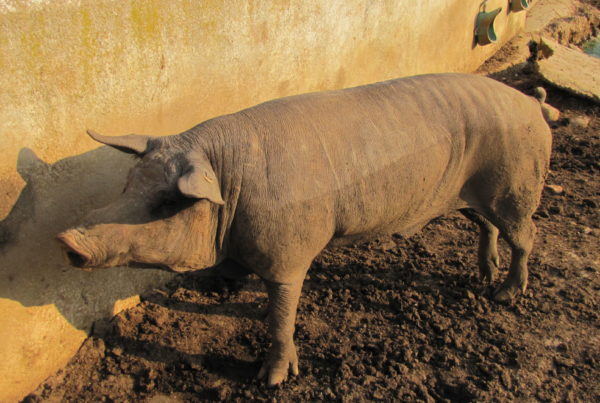When transcripts of President Donald Trump’s conversations with foreign leaders about refugee policy leaked to the press last week, one line got a lot of attention. It was a reference to “local milk people,” presumably dairy farmers, whom the president thought refugees wouldn’t work for.
As it turns out, though, some “milk people” worry it’s Trump’s immigration policies that may be bad for business.
Tiffany Lashmet, an agricultural law specialist for Texas A&M’s AgriLife Extension Service, hosts a podcast for people who work in agriculture. One recent episode was about immigration law, which she says is a hot topic.
A lot of Texas farms and ranches rely on immigrant labor, and lately they’ve found themselves facing two challenges. First, they need to figure out what proposed changes to immigration policy mean for their businesses.
“There’s a concern … from sort of a labor shortage standpoint,” she says. “You know, are we going to be able to have enough folks that are willing and able to work in some of the agriculture industry?”
They’re also confronting increased immigration “audits.” That’s where ICE shows up at a farm to check employment records.
“It’s definitely happening,” Lashmet says, particularly in the dairy industry.
“We have had some increased activity with some ICE audits,” Darren Turley, executive director of the Texas Association of Dairymen, says.
ICE has been “looking at some dairies and looking at their employees,” he says, “and truthfully we’re kind of in the middle of that right now.”
Turley says a lot of dairy farms have trouble hiring locally, so they rely on immigrant labor. But keeping tabs on employees’ immigration status can be tough.
“If I’m getting the right Social Security number and things like that, there’s no way for me to check that,” Turley says. “And then, of course, we don’t want to. That’s not what we’re here for. We’re trying to do our job of [milking] the cows.”
In the long-term, he says he’d like the rhetoric about immigration policy to resolve into something concrete.
“Having some guidance here on where we’re headed in the next two years, [so we can] set ourselves in the right direction … and know where we need to go and what we need to do would be as much as anything we could ask for,” Turley says.
In the short term, Lashmet say it’s a good idea for people working in agriculture to bone up on their rights and responsibilities under federal law.
“If somebody was to show up and say, ‘We’re here to conduct an audit of your paperwork,’” she says, “knowing your rights are really important.”


